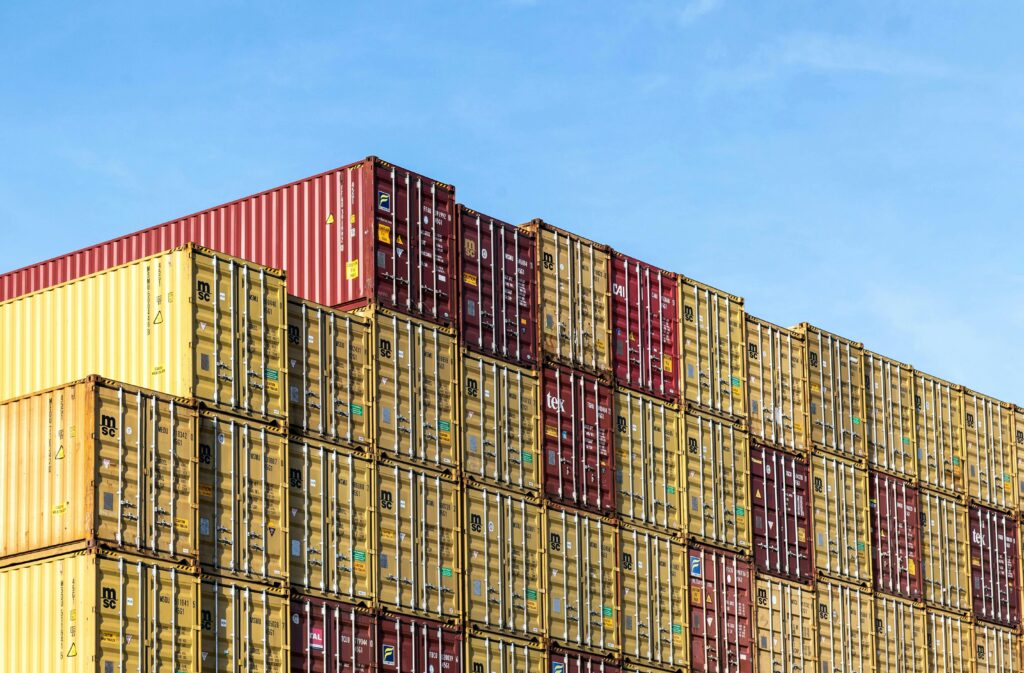Supply chains are facing a transformative era, driven by the adoption of advanced technologies. This shift is crucial for achieving operational independence and ensuring robust performance in the evolving landscape. Technologies such as robotics, AI, IoT, blockchain, and edge computing are at the forefront of this transformation, reducing uncertainty and complexity in supply chain processes. Additionally, AR/VR solutions result in efficiency gains, enabling remote expert support and step-by-step guidance for on-field operators. B2B digital platforms are also fostering collaboration, while Big Data and analytics enhance operational visibility and process improvements.
Aware of this paradigm change, RISE-SME project has identified up-and-coming technologies that can build supply chain resilience. Among others, advanced analytics, particularly AI-driven techniques, are crucial for forecasting in supply chain management. These technologies help anticipate market demands, adjust pricing, plan resources, and optimize inventory. AI-enhanced analytics can also consider geopolitical and social factors, enabling proactive measures against potential disruptions.
Moreover, digital twins enable stress testing supply chains, simulating disruptions such as natural disasters, cyberattacks, and market changes. These simulations provide insights into potential impacts on service levels, costs, and supply chain integrity, allowing logistics planners to identify vulnerabilities and optimize response strategies in real time.
Last, generative AI has emerged as a major disruptor, autonomously creating new content by learning patterns from existing data. AI-based predictive analytics assistants in logistics can forecast demand, optimize inventory, and anticipate supply chain disruptions, enabling proactive decisions and resource allocation. Additionally, supply chain visibility assistants offer real-time tracking of goods, identify bottlenecks, mitigate risks, and enhance transparency and responsiveness in logistics processes.
The integration of these advanced technologies is not only enhancing efficiency and resilience in supply chains but also paving the way for a more innovative future for all, not just benefiting large corporations but also small and medium-sized enterprises (SMEs).
AUTHORS

Carolina Cipres
Director of Research at Zaragoza Logistics Center
Coordinator of the RISE-SME Project
